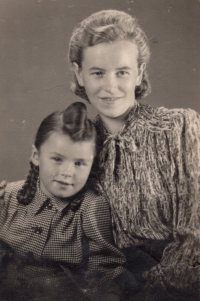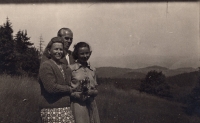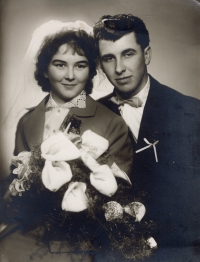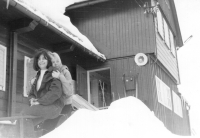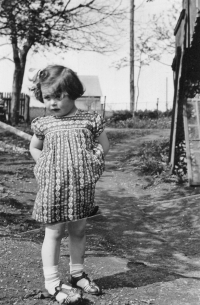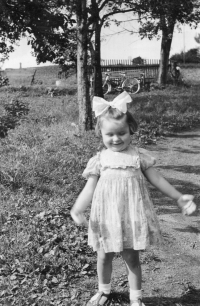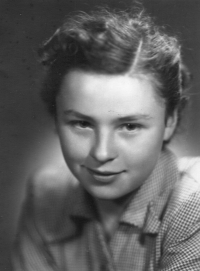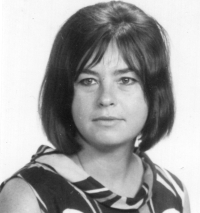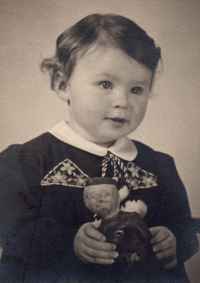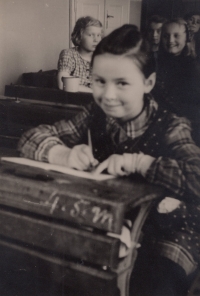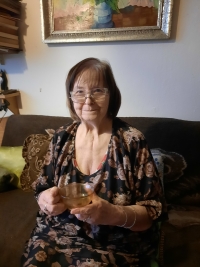After the war, they would try to catch them and drown them. The girls did not leave school until after dark to escape the torture.

Stáhnout obrázek
Ilsa Sanetrníková was born on September 8, 1937, in Liberec as Wiedenová. Her mother, Kamila, was born on June 6, 1910, with the birth name Procházková. In the 1930s, she lived in Liberec with her later husband, Rudolf Wieden. He was German. He was born in 1912, still during the German Empire. He came to Czechoslovakia to work and trained as a glazier. Ilsa was an only child. She lived with her parents in Friedrichshain, a small village near Liberec, renamed Bedřichovka after 1945. They only spoke German at home - Ilsa learned Czech after the war. When the global conflict broke out, Rudolf had to enlist in the Wehrmacht. He served in Norway. The post-war exile did not affect the witness, but she and her friend felt mistreatment when their classmates tried catching t them and drowning them. At the age of eight, Ilsa and her mother moved to nearby Hamrštejn. Her father did not return until long after the war under unclear circumstances. Among other things, as a glazier, he worked on the construction of the current transmitter on Ještěd. Ilsa met Reiner Santrník, and they had a son named Tomáš in 1963. At that time, she moved to Liberec. She still lived there in 2021.
